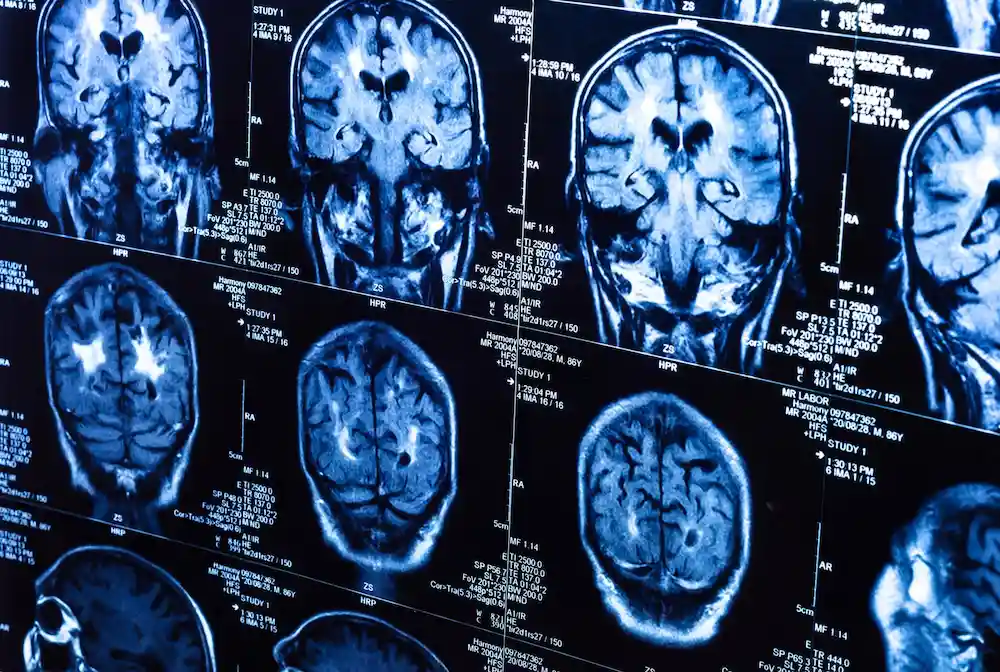Newington Traumatic Brain Injury Lawyer
Need a Newington traumatic brain injury accident lawyer for a traumatic brain injury?
If you or a loved one suffered a TBI in an accident involving Uber, Lyft, or another rideshare driver—whether as a passenger, pedestrian, or another motorist—you may be entitled to compensation. Rideshare accident claims involving brain injuries can be especially complex, but Etemi Law has the experience to guide you through it. We’re committed to helping TBI victims get the justice and compensation they deserve.
Call us today at (203) 409-8424 for a


Understanding Traumatic Brain Injuries (TBI)
A traumatic brain injury (TBI) occurs when a sudden jolt, blow, or impact causes the brain to move rapidly within the skull. This movement can result in chemical changes, bruising, or damage to brain tissue. Even mild trauma—known as a mild traumatic brain injury (MTBI)—can lead to lasting effects, sometimes without immediate signs such as loss of consciousness.
Common Causes of TBI
TBI can happen in many everyday situations, including:
- Rideshare Accidents – Sudden impact from Uber or Lyft collisions, especially rear-end crashes, can cause the brain to jolt violently.
- Slip and Fall Accidents – Striking the head on the ground during a fall can lead to significant brain trauma.
- Sports Injuries – Contact sports like football, boxing, and rugby are common causes of concussion and TBI.
- Motorcycle Accidents – Especially in Connecticut, where helmets aren’t required for all riders, these crashes can be devastating.
- Pedestrian Accidents – Pedestrians struck by vehicles often suffer TBIs due to direct impact.
- Product-Related Injuries – Falling merchandise or faulty safety equipment (like airbags) can cause head trauma.
- Birth Injuries – Trauma during delivery can result in infant brain injuries with lifelong consequences.
Why TBI Cases Are Complex
Brain injuries are often called “invisible injuries” because their symptoms may be subtle, delayed, or misdiagnosed. TBIs can affect memory, mood, concentration, and even personality. Because of the complexity of these cases—especially when involving multiple parties, such as in rideshare accidents—it’s critical to have a legal team that understands both the medical and legal challenges involved.
How Etemi Law Can Help
At Etemi Law, we are committed to helping victims and their families get the compensation they need for recovery and long-term care. Our experienced team will:
✅ Thoroughly investigate the cause of the brain injury
✅ Work with medical experts to document its full impact
✅ Handle negotiations with insurance companies and responsible parties
✅ Take your case to trial if necessary to fight for full compensation
Don’t Wait — Protect Your Rights
If you or a loved one has suffered a brain injury due to a rideshare crash or another type of accident, it’s crucial to act quickly. You deserve a legal team that will stand by your side and fight for the justice and financial recovery you need.
📞 Call us at (203) 680-8080
📧 Email us or fill out our Free Case Evaluation Form to schedule your free consultation today.
As a longtime observer of Connecticut road patterns, I’ve watched how Newington’s mix of suburban streets and working fields produces a particular kind of head-injury risk. On the town’s western fringes, tractors and implement trailers moving between parcels often feed onto the Berlin Turnpike and short county roads with limited sightlines. When heavy equipment intersects commuter traffic the blunt impacts and rollovers that cause traumatic brain injuries become a recurring emergency-room reality.
Near community nodes such as Mill Pond Park and along narrow stretches of Willard Avenue, seemingly low-speed encounters can still produce serious brain trauma — from concussions and skull fractures to diffuse axonal injury from rapid rotation. Drivers braking for slow-moving farm equipment or towing trailers sometimes run off the shoulder into ditches or trees; pedestrians and people on trails are especially vulnerable when visibility falls during planting and harvest seasons.
Newington’s emergency response choreography shapes outcomes after such collisions. Local crews from the Newington Fire Department and volunteer ambulance teams frequently perform complex extrications on the Berlin Turnpike or rural approaches before staging transfers to Hartford Hospital’s trauma services, or arranging interfacility moves to a specialist rehab center like Gaylord Specialty Healthcare when extended neurorehabilitation is required. Weather, time of day, and sightlines all affect transport and transfer decisions.
My reporting focuses on patterns rather than promises: the convergence of agricultural equipment, constrained sightlines, and busy connectors in Newington calls for attention from operators, motorists, and planners. Modest changes — clearer signage, shoulder widening, EMS training coordinated with nearby trauma centers — can alter time-to-care and the rehabilitation pathway. For families facing a traumatic brain injury after a local roadway incident, understanding these town-specific dynamics helps set realistic expectations about the sequence from scene to rehab.
